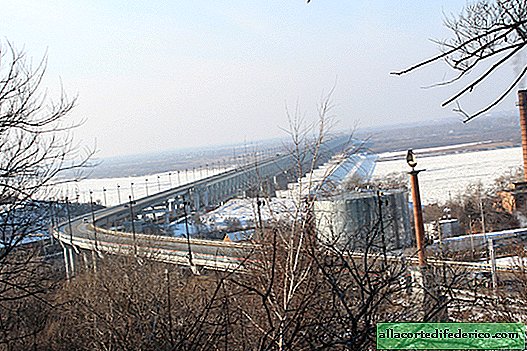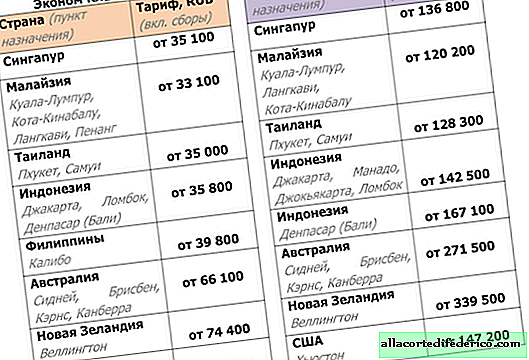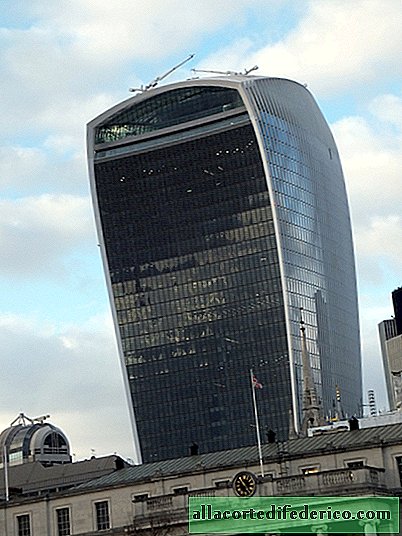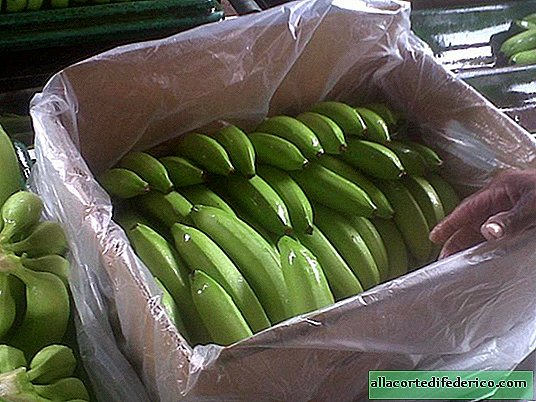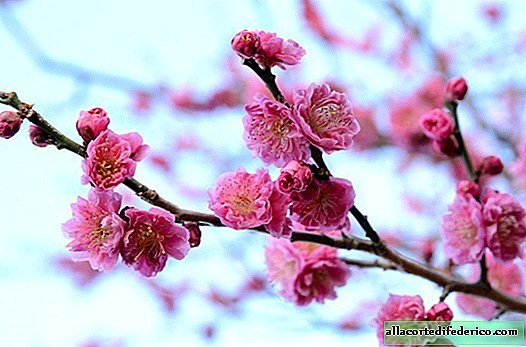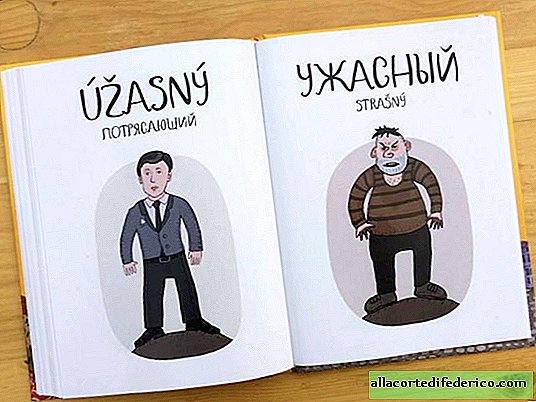WHO changes its mind: palm oil recognized as a hazardous product
Until recently, WHO representatives recognized that palm oil and products with its addition are not harmful to health. One by one, scientific work authoritatively confirmed the safety and even benefit of the oil of this tropical tree, and the evergreen forests continued to be cut down for the sake of planting an oil palm. But recently it became clear that part of the scientific work was commissioned by countries whose economy rests on the production of oil, and the product itself is not so harmless.

To date, a large amount of data has been accumulated showing that regular consumption of palm oil leads to digestive diseases and the development of obesity. Moreover, this product also provokes chronic diseases of the organs of the cardiovascular system, including coronary heart disease, which leads to an increase in premature mortality. But how does this oil differ from other vegetable oils, for example, sunflower or corn?
In such an oil, the percentage of saturated fatty acids harmful to the body is much higher, and the fact that they are of vegetable origin does not make them safe. In addition, the process of obtaining oil often does not occur in the best sanitary conditions, and the product does not undergo proper cleaning.

Over the past 16 years alone, global palm oil consumption has doubled. It can be found in a wide variety of products, from cheeses and semi-finished meat products to confectionery. According to WHO experts, the situation with the use of palm oil in the world has gone so far that today no one undertakes to predict the further development of events.
Malaysia and Indonesia producing more than 80% of the world's palm oil. It is very cheap to manufacture due to the high productivity of oil palm plantations, so it is much more profitable for businessmen to grow this type for the sake of getting oil for export. WHO experts even compare the industry for the production of such oil with tobacco corporations and the production of alcoholic beverages. At the same time, the manufacturer never advertises the presence of palm oil in a particular product. Under the guise of "vegetable fats," palm oil is almost certainly hidden, not corn or olive oil. Of course, this is primarily due to the fact that in many countries of the world society is wary of this type of oil, rightly considering it dangerous to health and not trusting its quality. It is reported that after the publication of the new WHO bulletin, representatives of Malaysia and Indonesia applied to the organization with a request to remove the document compromising them, but their request was not granted.

I would also like to note that, in addition to obvious harm to human health, the global production of this type of oil causes tremendous damage to the tropical ecosystems of the planet.

